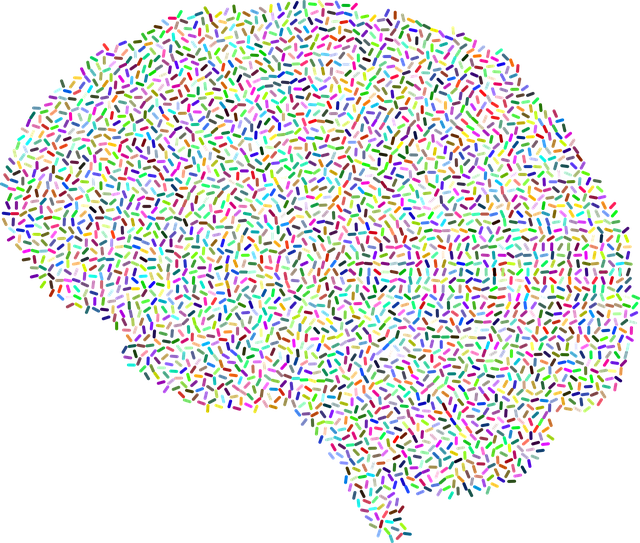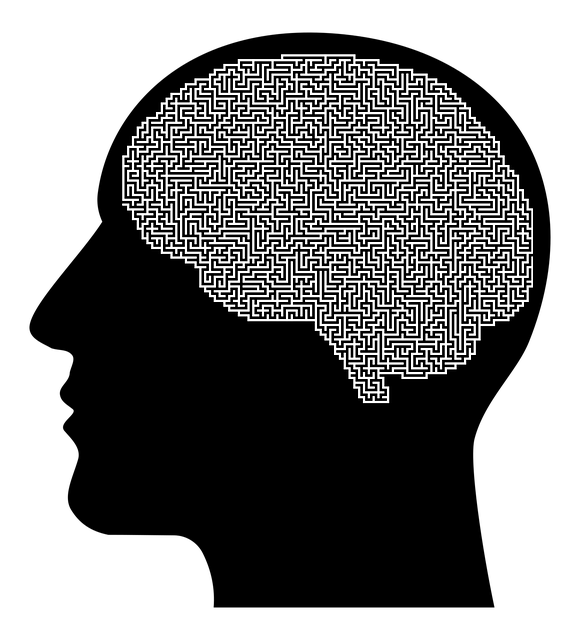Postpartum depression (PPD) affects up to 1 in 7 new mothers globally, often going unnoticed. Aurora offers a holistic approach to managing PPD through therapy, support groups, and innovative treatments like light therapy. This integrated method focuses on stress reduction, mental well-being, and long-term prevention by combining self-care practices (exercise, mindfulness), professional guidance, and social connections. Adopting healthy habits and seeking support from Aurora postpartum depression therapy are crucial for navigating the emotional challenges of motherhood.
Stress reduction is crucial after the intense period of pregnancy and childbirth. This article explores various methods to combat postpartum stress, focusing on both personal well-being and mental health. We delve into understanding postpartum depression (PPD) and its significant impact on new mothers. One innovative approach is Aurora therapy, a natural way to reduce stress. Additionally, we provide practical self-care techniques and lifestyle changes, emphasizing the importance of support systems and professional help, including therapy options like Aurora PPD therapy.
- Understanding Postpartum Depression and its Impact
- The Role of Aurora Therapy in Stress Reduction
- Techniques for Self-Care and Mindfulness
- Lifestyle Changes to Combat Stress After Pregnancy
- Support Systems and Professional Help Availability
Understanding Postpartum Depression and its Impact

Postpartum depression (PPD) is a common but often overlooked mental health condition that can significantly impact new mothers. It goes beyond the occasional ‘baby blues’ and is characterized by intense feelings of sadness, anxiety, and exhaustion. This condition typically develops in the first year after childbirth, affecting up to 1 in 7 new mothers worldwide (World Health Organization, 2022). In Aurora, healthcare providers play a crucial role in identifying and supporting women at risk.
The impact of PPD can be profound, affecting not only the mother’s emotional well-being but also her ability to care for herself and her baby. It may lead to difficulties in performing daily tasks, social withdrawal, changes in appetite and sleep patterns, and, in severe cases, thoughts of harm or suicide. Recognizing the signs is essential, as early intervention through therapy and support groups can greatly enhance emotional healing processes. With proper Aurora postpartum depression therapy, healthcare providers can empower women with burnout prevention strategies for healthcare providers, ensuring they receive the mental health awareness and care they deserve.
The Role of Aurora Therapy in Stress Reduction

Aurora Therapy offers a unique and promising approach to stress reduction and mental well-being, particularly relevant in addressing postpartum depression. This alternative treatment utilizes light therapy to mimic natural outdoor environments, aiming to regulate mood and alleviate symptoms associated with depression. By exposing individuals to specific light spectra, Aurora Postpartum Depression Therapy aims to restore circadian rhythms, boost serotonin levels, and enhance overall mental resilience.
Incorporating this method into a holistic self-care routine development for better mental health can be transformative. It complements traditional therapy sessions and social skills training by providing a non-invasive way to manage stress and improve mood. By combining Aurora Therapy with consistent exercise, mindfulness practices, and supportive social connections, individuals can create an effective strategy for depression prevention and long-term mental health maintenance.
Techniques for Self-Care and Mindfulness

Incorporating self-care practices and mindfulness techniques can significantly contribute to stress reduction, especially for individuals navigating challenges like postpartum depression. Aurora Postpartum Depression Therapy encourages a holistic approach where personal well-being is prioritized. Activities such as regular exercise, sufficient sleep, and maintaining a balanced diet form the foundation of this strategy. Engaging in hobbies, spending quality time with loved ones, or simply enjoying quiet moments can also rejuvenate the mind and body.
Mindfulness practices like meditation and deep breathing exercises help individuals stay present and grounded. These techniques foster self-awareness, enabling better management of stress triggers. Moreover, integrating mindfulness into daily routines can enhance overall mental resilience. For those dealing with postpartum depression, professional guidance in self-esteem improvement and risk assessment or management planning from mental health professionals can be invaluable, providing tailored strategies for effective stress reduction and improved well-being.
Lifestyle Changes to Combat Stress After Pregnancy

After giving birth, many new mothers experience a surge of emotions and physical changes that can lead to stress and even postpartum depression. To combat this, adopting certain lifestyle changes can be immensely beneficial. Regular exercise, for instance, releases endorphins that act as natural mood lifters and promote better sleep, which is crucial for managing stress levels. Eating a balanced diet rich in nutrients supports overall well-being and resilience building. Additionally, prioritizing quality time for self-care activities like meditation or yoga can help alleviate anxiety relief and foster a sense of calm.
Support systems play a vital role too. Connecting with other new mothers through support groups or community events can provide much-needed empathy building strategies. Sharing experiences and tips can create a supportive network that helps navigate the challenges of motherhood. Moreover, seeking professional guidance from therapists specializing in Aurora postpartum depression therapy can offer tailored strategies for managing stress and nurturing mental health during this transformative period.
Support Systems and Professional Help Availability

Having strong support systems in place is vital for managing and overcoming stress. This includes a reliable network of friends, family, or peers who can offer emotional backing and practical assistance when needed. Sharing experiences and concerns with trusted individuals can provide comfort and perspective during stressful periods. In the context of new parents, supporting partners, relatives, or even support groups dedicated to parenting can be invaluable resources for coping with the unique challenges that come with raising a newborn.
When stress becomes overwhelming or persists despite personal efforts, it’s crucial to consider professional help. Services like Aurora Postpartum Depression Therapy offer specialized care tailored to address mental health concerns specific to new mothers and fathers. Additionally, conflict resolution techniques and trauma support services can be beneficial for individuals dealing with underlying issues that contribute to their stress levels. Burnout prevention strategies for healthcare providers are also essential, as they promote self-care and resilience in professions where high-stress environments are common.
In navigating the challenges of postpartum depression, adopting a holistic approach to stress reduction is vital. By combining techniques like aurora therapy with self-care practices, mindfulness, lifestyle adjustments, and accessing professional support, new mothers can effectively manage their mental health. These strategies not only alleviate stress but also enhance overall well-being, ensuring a brighter and more balanced journey through this transformative period. Specifically, aurora therapy offers a unique and natural way to combat postpartum depression, providing a calming and rejuvenating experience. Remember that seeking help is a sign of strength, and with the right tools and support systems in place, recovering from postpartum depression is achievable.














